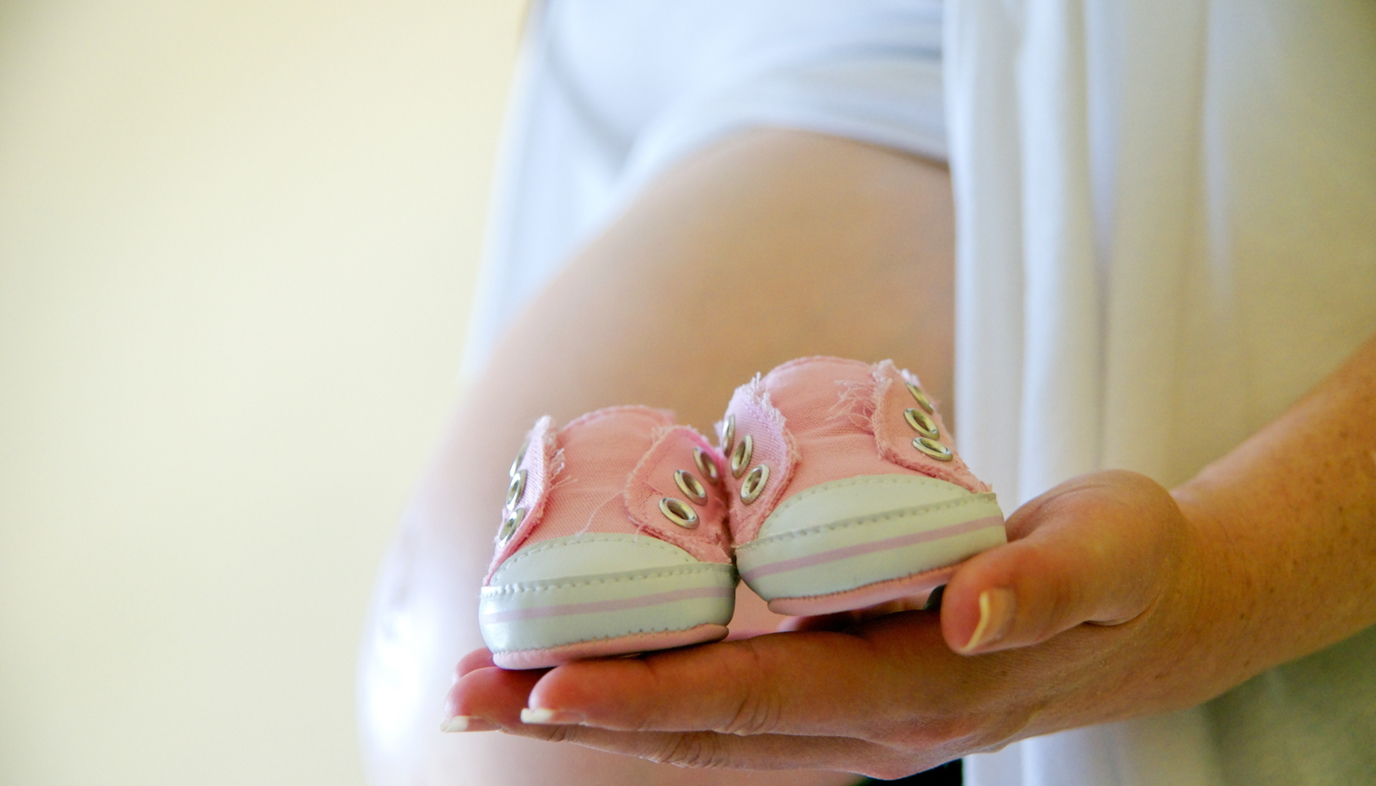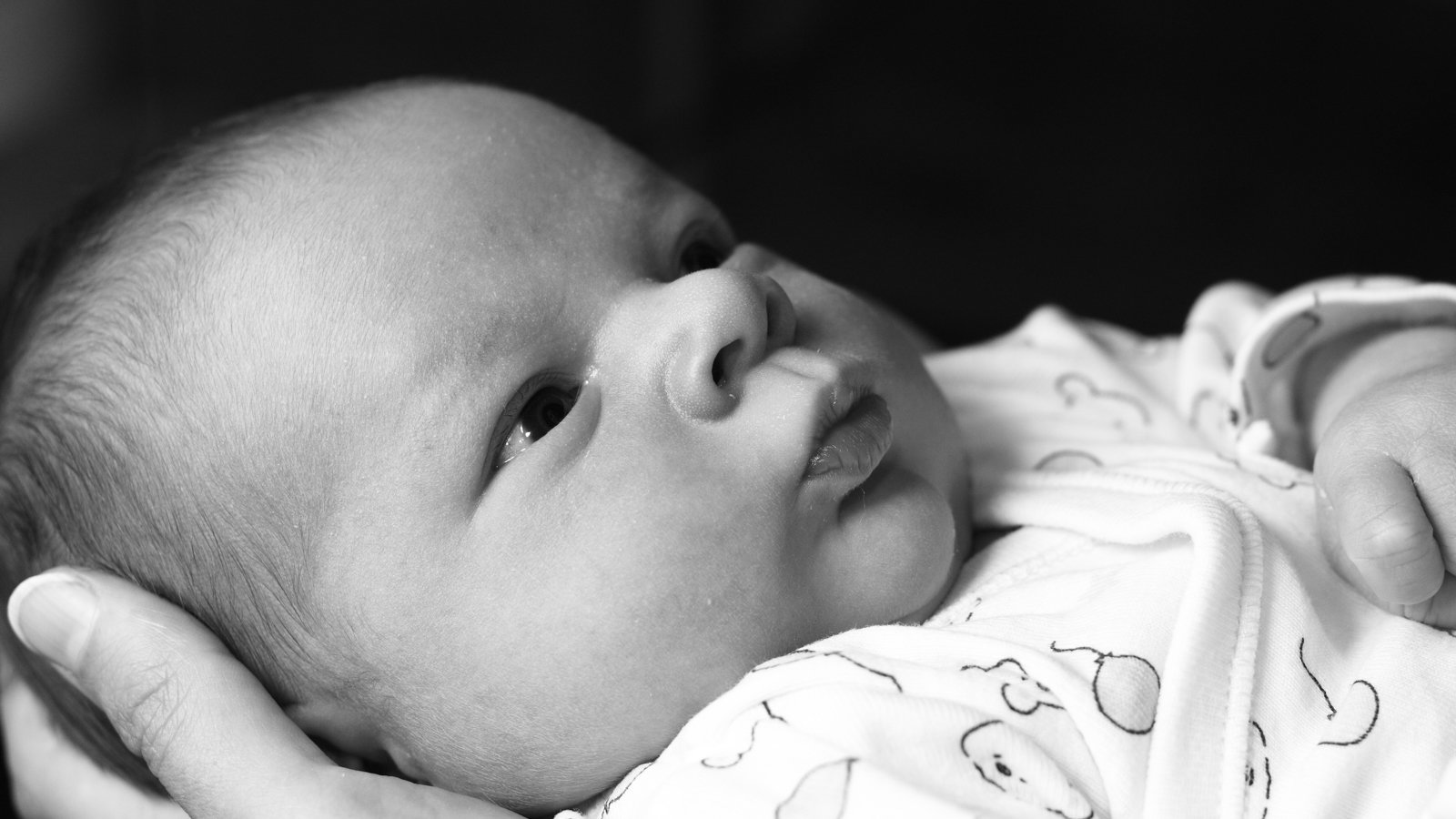
When the first baby of the new year arrived-that is, the first baby born in 2014 in the San Fernando Valley of Southern California-she arrived nearly three weeks before her expected due date. But, was her early arrival really too early? Not according to previous definitions. However, according to new definitions of "full-term" gestation, she did arrive early.
New Definition of "Term-Birth"
Until now, ob-gyn experts considered a full-term gestation to be anywhere from 37-42 weeks. However, this New Year's child, who was due January 18 th and arrived January 1st, was actually viewed as an "early-term" birth.
The new definition for a "full-term" birth was developed by professionals from the National Institute of Child Health and Human Development and other medical groups. It was published in JAMA and Obstetrics & Gynecology journals. This newly created time-frame for a "full-term" birth was announced by the American College Obstetricians and Gynecologists. The ACOG also claims that adding more time in the tummy can aid the baby's development.

Here are the new birth "term" definitions and time-frames:
After 42 weeks = "post-term"
41 weeks+6 days = "late term"
39 - 40 weeks+6 days = "term"
37 - 38 weeks+6 days = "early"
Timing for C-sections
A big reason for adjusting the definition of a full-term pregnancy is to dissuade doctors from scheduling C-sections too early. Of course, there are medical exceptions that may demand an earlier delivery.
Overall, C-sections should not be scheduled prior to 39 weeks of gestation, according to the March of Dimes, a non-profit organization that aims to improve and promote the health of pregnant women, mothers, and babies
Research shows that infants born at 37 weeks generally have a higher risk of complications than babies delivered only two weeks after that time
Studies on Infant Development
In 2012, Columbia University Medical Center and the New York Presbyterian hospital published a study on 128,000 eight-year-olds who were born at 37-38 weeks gestation. It turns out that the children delivered "early" ended up doing worse on academic tests than those who arrived only 1-3 weeks later.
When babies spend more time in gestation, they end up having greater brain development. They tend to score higher in math and reading assessments as they grow up. This group was compared with babies born at 41 weeks.
The children who stayed in the womb longer did better overall
Those born at 37 weeks had a 33 percent higher chance of experiencing reading difficulties, and a 19 percent chance of having moderate learning issues in math
Newborns delivered at 38 weeks scored only slightly better
A study in the U.K. found that babies born prematurely (before 37 weeks) have double the chance of mental conditions, such as severe depression, than those born on schedule.

Risks for Early Delivery
Some of the reasons for "early" or "premature" delivery are not known. Be sure to discuss with your doctor how to handle these maternal risk factors for the best possible outcome for your newborn:
Diabetes
High blood pressure
Prior premature birth
Severe illness
Smoking
Preventing Early Labor
If you are at risk for early labor (or if you happen to go into labor too early), there are treatments available to delay birth. For example, some doctors may offer you steroid injections to strengthen the baby's lung maturity and more.
In Australia, about eight percent of infants are considered to be born "early" (before 37 weeks gestation) each year. The Better Health Channel reports that most premature babies (32 - 36 weeks gestation), typically grow up to be healthy kids.
Whether a particular child born "early" will have decreased learning abilities later in life is yet to be determined.
